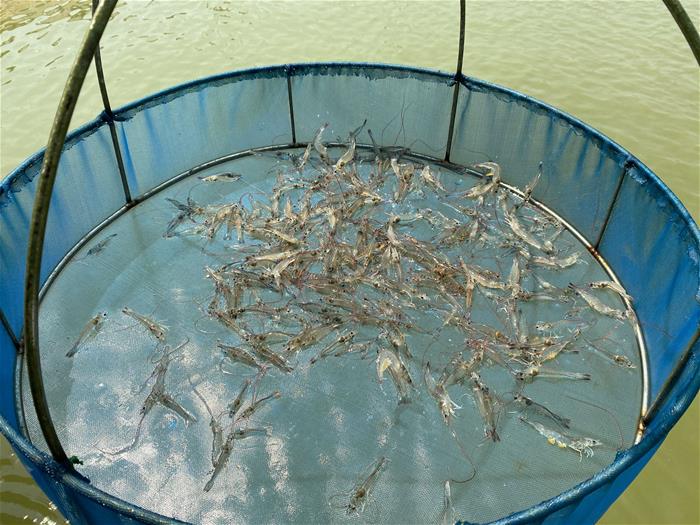How often do you wonder where the products in your home come from or where your food is grown?
And, did that product or food supply chain contribute to deforestation? As populations grow and demand more, the production systems behind food and household items are increasingly encroaching on vital forests and ecosystems in order to meet demand.
The complexity of our modern supply chains has proven to be a challenge for tracking products back to the point of production. Many of the current traceability systems are inefficient, paper-based, and open to fraud, which limits application and allows goods from illegally deforested sources to slip into markets, often unnoticed. Yet, without traceability we cannot know where the food or products come from. Building credible, transparent traceability systems is essential to tackling commodity-driven forest loss and protecting our planet’s biodiversity.
The Moore Foundation’s Conservation and Markets Initiative team, in partnership with World Forest ID, is tackling the opacity of our vast, tangled global supply chains. World Forest ID operates at the intersection of science and law, developing the data and tools necessary to trace a range of forest-connected products, like timber, soy, and cocoa, back to their origins. This work supports policy efforts to combat illicit trade, enhance corporate transparency, promote nature-based climate solutions, and drive systemic change.
Our partnership with World Forest ID focuses on the critical area of food traceability.
Using the tools and approaches they developed for plant-based products, World Forest ID will test to see if these tools can also be successfully applied in the traceability of animal protein. All organisms have chemical, genetic, and anatomical signatures that are specific to their species and production origin. These chemical and genetic features change across landscape and are influenced by climatic and environmental drivers. As a result, World Forest ID has been able to use Stable Isotope Ratio Analysis (SIRA) and Trace Element Analysis (TEA) to validate the origins of plant-based products without having to trace them through the entire supply chain.
 IMAGE: Shrimp collection net in Thailand. Credit: World Forest ID
IMAGE: Shrimp collection net in Thailand. Credit: World Forest ID
This pilot project will enable World Forest ID to evaluate the viability and credibility of using SIRA and TEA for tracing animal protein back to the production source, focusing on farmed shrimp as the test protein in a multi-region approach. The pilot project will also allow World Forest ID to explore whether recent mangrove deforestation has a recognizable chemical signal. Combined within an artificial intelligence model, these techniques generate a distinct “chemical fingerprint” that links shrimp to specific locations. The project is focused on evaluating both the effectiveness and the resolution these methods can achieve.
The use of robust scientific traceability techniques across an expanding range of commodities is vital for maintaining transparent supply chains and ensuring sustainable, legal, and ethical sourcing practices. These data models can assist in identifying where products come from and help companies stay compliant in terms of how they trade. This type of innovative technology may prove to be a viable alternative to tracking products through their supply chains throughout their production journey, especially given the current complex and opaque nature of food supply chains.

Message sent
Thank you for sharing.